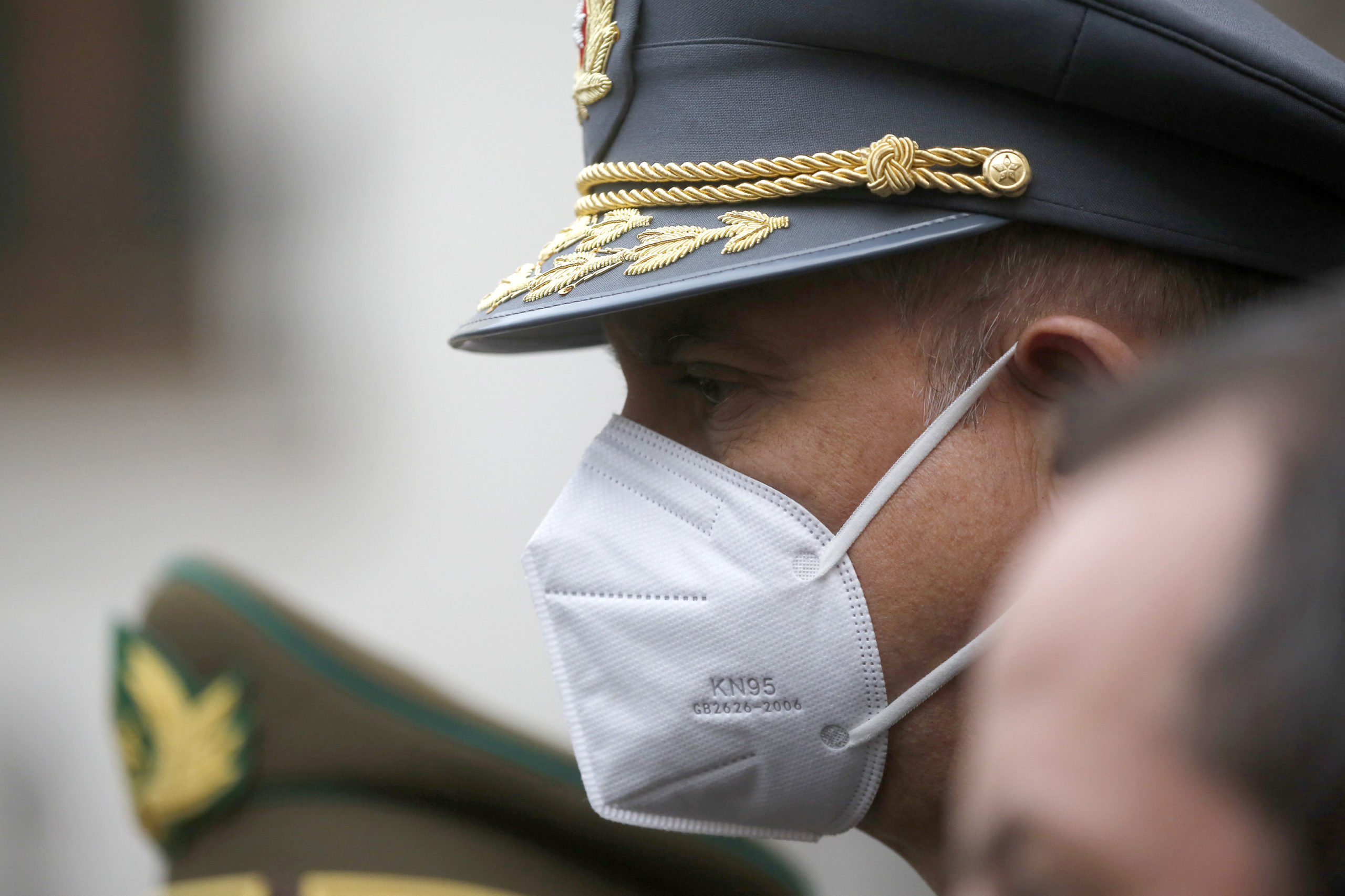On Army Glories Day, a group of “hacktivists” leaked around 350 gigabytes of military information, equivalent to more than 400,000 emails from the Joint Chiefs of Staff over a period of five years -among them on the militarization of Mapuche territories- and made them available on the Internet for downloading.
Through a communiqué, the hacker group that calls itself “Grupo Guacamaya” expressed that “We leaked military and police systems of Mexico, Peru, Salvador, Chile, Colombia, and we deliver this to those who legitimately do what they can with this information”, declared the group through a communiqué.

In the case of Chile, thousands of documents were leaked from the armed forces, including Carabineros and PDI. Most correspond to confidential emails containing attachments that claim to be “secret”.
The hacktivists said that in the Chilean case, documents on the militarization of Wallmapu could be searched for using the words “SITREP Araucanía”.
Also of interest are the emails of the user “[email protected]” and the reports of “JENAINPOL”.
In both cases, military operations are detailed, as well as actions of citizen demonstrations or targets that Carabineros and PDI are investigating.
After the leak of thousands of emails from the Joint Chiefs of Staff, the head of the agency resigned. The hacking continues to have repercussions in the political and military world of the country.
Many questions have pointed to General Guillermo Paiva as directly responsible for the serious breach of the “intelligence” of the Chilean Armed Forces.
The controversy that made him resign was that Pavia would have had information about the computer vulnerability for months.
The latter did not inform the government promptly, nor did he carry out actions to stop the massive hacking of emails.
According to some versions, the general would have verbally informed the Ministry of Defense; however, no document points out the eventual computer vulnerabilities or hacks so far.
In addition, the Joint Chiefs of Staff have declined to make any statement on the matter and have delegated all responsibility to the Government and the Ministry of Defense.
The hacktivist group “Guacamaya” breach revealed that the Armed Forces are “spying” through social networks on several civil society organizations, including organizations such as the Communist Youth and democratically elected politicians.
In addition, financial reports of the military institutions have come to light, as well as other data that is expected to be exposed in the coming days.
The computer attack has exposed the lack of defense and “intelligence” capabilities of the Armed Forces in the face of these episodes and the lack of reaction capacity in the front of virtual breaches.
The massive hacking of emails of the Joint Chiefs of Staff allows knowing the enormous expenses incurred by the Navy during the states of emergency in the Biobío region. The item “per diems and gratuities” occupies the third place in costs.
A mail from high commanders of the Army shows that the Navy would have spent only six months 692 million pesos in militarizing the Biobío due to the State of emergency in the area because of the Mapuche resistance.
The amount does not include other regions such as La Araucanía.
It should be recalled that on Oct. 13, 2021, the measure was installed at the request of Sebastián Piñera, which was renewed ten times with the support of the political class in Congress.
A relevant fact is that the most significant expense is related to what they call “Flight Hours”, that is, air mobilization, in which it has spent the bulky sum of 309 million pesos.
The second place is fuel, on which 229 million pesos have been spent.
While in “per diems and gratuities,” the sum of 148 million pesos was spent.
The document also details some of the means of transportation used, registering the use of 31 land vehicles, six air vehicles, and four maritime units.
The high costs of the State of emergency in the area put the spotlight on the expenses of the Armed Forces, which have already been involved in cases of corruption and economic crimes.
They also invite us to reflect on the concrete results of this measure after these huge expenses that fall on the State.
Resumen contacted the Navy’s communications team in search of more background and to know if the documents and information leaked were reliable. However, they declined to give statements arguing that the Ministry of Defense would be in charge of providing the respective information on the case.

